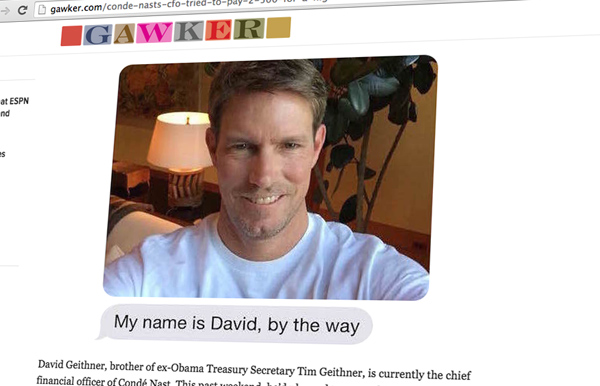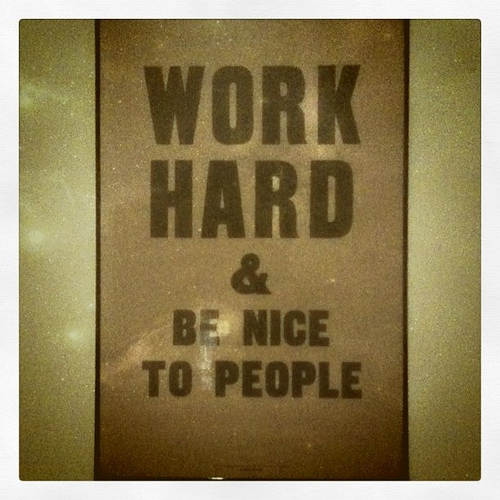Like many of my LGBT peers and allies, I am grateful for the contributions made before and for the possibilities ahead. This summer, the Supreme Court acknowledged the humanity of LGBT individuals. And one of our pinnacle liberation symbols, New York City’s Stonewall Inn, the site of the 1969 Stonewall riots, was made a national… Continue reading How Sex Work Got Us This Far In Gay Liberation
Stacks & Cats
This is my nine-year-old cat, 100% supported by sex work earnings, nonplussed by my offering of over $3k. This is 2/3 of my earnings from a four day tour doing fetish and full-service down under.—Fleur Sex workers, submit pictures of your furballs and funds here.
What the hell is going on with Backpage? Part II
Update: Backpage filed a federal suit today against Cook County Sheriff Tom Dart for violating its free speech and equal protection rights after the Sheriff successfully pressured credit card companies to break with the company this month. In the suit, Backpage requests a preliminary injury, so that credit card processing will be restored to the… Continue reading What the hell is going on with Backpage? Part II
Quote of the Week
No one is owed consequence-free hiring of sex workers, not when sex workers themselves labor under some of the most hostile conditions imaginable. And the idea that the outed man should be allowed to do what he wants with whatever other adult he wants? That, basically, adults should be able to carry out victim-less actions… Continue reading Quote of the Week
It’s Not About Me: Responsibility In Sex Worker Writing
New sex worker writers often justify their sex work with respectability politics. I did it. I fucked up with my very first piece, in a big venue, the Guardian, contrasting my sex work to that of hypothetical trafficked workers, so-called “miserable slaves.” Even after taking feedback about that mistake, it took me a while to… Continue reading It’s Not About Me: Responsibility In Sex Worker Writing



